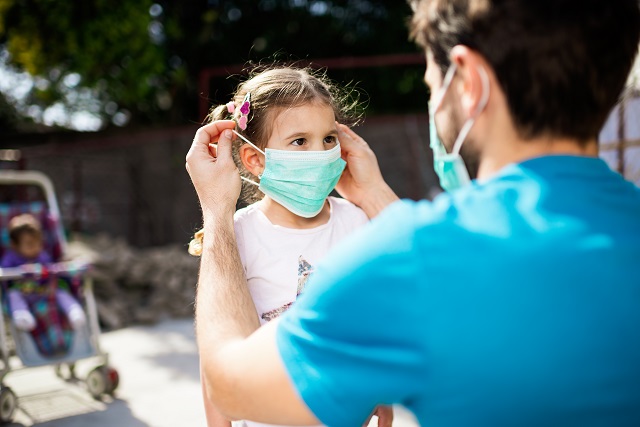
Credit: Getty Images / SanyaSM
The United States’ disjointed (and often ineffective) response to the COVID-19 pandemic stands in stark contrast to the actions we’ve seen in many other countries. While countries like Singapore and France have, at various times, required masks, many Americans have balked at measures that they see as encroaching on personal freedoms, even as COVID-19 cases begin to spiral out of control once more.
Why is this? Well, there are several factors at play, including gaps in our healthcare system and what some have described as a failure of leadership at the national level. But, according to Michele Gelfand, a psychology professor at the University of Maryland and author of “Rule Makers, Rule Breakers: How Tight and Loose Cultures Wire Our World,” we can also look to wildly divergent cultural and social norms.
Three Takeaways:
- Gelfand describes societies as “tighter” or “looser” depending on the strength of their social norms and whether they put greater emphasis on the collective or the individual. Every society has rules that members are expected to follow — for example, table manners and public decency — but we differ when it comes to how strict those norms are and the social consequences of breaking them.
- Cultures that have more frequently faced collective threats tend to be “tighter,” according to Gelfand. She explains that stricter social norms facilitate coordination in times of crisis; therefore, a cultural history of addressing imminent threats (from earthquakes to invasions) results in a focus on the community. A society without a history of recent external threats is often “looser” and prioritizes the individual because it can afford to do so, says Gelfand.
- The measures used by Gelfand and other researchers illustrate the trade-offs of these models. She notes that tighter societies tend to have lower rates of crime, obesity, and debt — all linked to impulse control — while looser societies can be more creative and tolerant. During COVID-19, her research has shown that looser countries have had a harder time managing the crisis. But that doesn’t have to be the case; in New Zealand, which Gelfand’s research has shown to be a looser culture, a clear and consistent response from trusted government leaders has found success.
More Reading:
- Check out Michele Gelfand’s TED Talk diving deeper into tight and loose cultures, and her op-ed in The Boston Globe from March, during the onset of COVID-19 in the United States.
- This Time article from mid-June offers a look at some of the most successful responses overseas to the COVID-19 crisis.
- Solomon Asch’s 1951 experiment offers insight into humans’ tendency to conform and the power of culture. Check out Khan Academy’s video explanation for more information.

